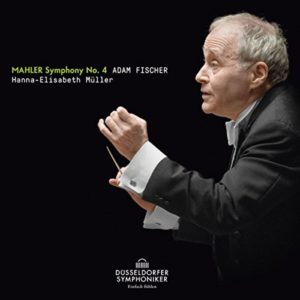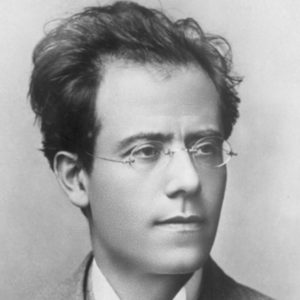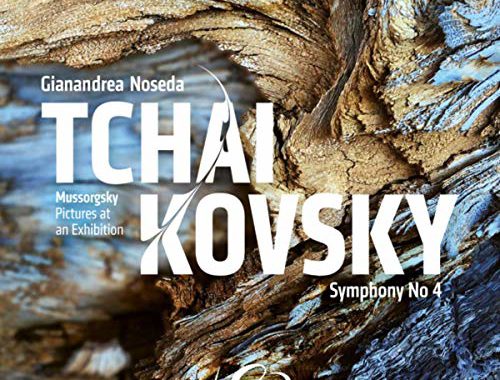GRAMOPHONE Review: Richard Rodney Bennett Orchestral Works Vol. 1 – BBC Scottish Symphony Orchestra/Wilson
 Richard Rodney Bennett wore his prodigious talent lightly – but he dispensed it generously. From hardcore Darmstadt beginnings to friendlier tonalities; from movies and TV to his passion for the American Songbook where his pianistic gifts shone so inventively. Was there anything he couldn’t say musically? No need to answer that – but rather to rejoice in the fact that his friend and champion John Wilson is honouring him in this new series for Chandos.
Richard Rodney Bennett wore his prodigious talent lightly – but he dispensed it generously. From hardcore Darmstadt beginnings to friendlier tonalities; from movies and TV to his passion for the American Songbook where his pianistic gifts shone so inventively. Was there anything he couldn’t say musically? No need to answer that – but rather to rejoice in the fact that his friend and champion John Wilson is honouring him in this new series for Chandos.
First up, Bennett arrives disguised as William Walton in a celebratory “fanfare” for orchestra – Celebration (1991) – whose wiry string figures and angular syncopations beg the question is this a tribute or an impersonation? Either way, it is very knowing and virtuosic and does exactly what it says in the title.
The Concerto for Marimba and Chamber Orchestra (1987-88) is an excellent example of Bennett exploring the possibilities of a particular instrumental “palette” and finding music which will best express its character. Dreamy and sensuous. It’s as if the marimba – in Colin Currie’s expert hands – has insinuated its way into someone else’s “trip”. It assumes a super-discreet, obbligato-like role outside of the cadenzas and the only concerto-like confrontation occurs in the second movement where it displays an uncharacteristic defiance.
Summer Music for Flute and Small Orchestra is Faure-esque and began as a piece (with piano) for budding flautists. Its simplicity (as in purity) is its charm but more than that it’s the kind of confection that Bennett could spin effortlessly. His Sinfonietta for Orchestra (1984) also hides its craft behind its spontaneity but in its integrated slow movement – Lento e dolce – delivers a melody of very particular Bennett inflection and sensibility. Just gorgeous. Far From the Madding Crowd (as in Bennett’s unforgettable score for the 1967 movie) is suddenly “in the air” once more.
But you will want this disc for Symphony No 3 (1987) – a work of quiet evolution and tiny revelations. Bennett counted the symphony his favourite piece and on the strength of this, my first encounter, I can see why. The fact that it came easily to him is reflected in its free-flowing development, the way in which the fine-spun melodic idea which opens it is, if you like, a theme in the making, an evolving idea in search of shape and form. It finds it at the climax of the first movement where the rhapsodising suddenly ceases and a sense of fulfilment is momentarily achieved.
The limpidity of the scoring is masterful – not least in the central Allegretto – but it is the oboe solo opening a magic casement on to the slow movement where the symphony begins to reveal its depth with increasing emotional intensity. That favourite composerly device – variation (and I’m now thinking also of Leonard Bernstein) – eventually brings about one final “transformation” of the main subject. Then a riposte from solo cello which, disproportionate to its brevity, moved me greatly – and one final consonance, a unison as simple as it is inevitable as it is revelatory. John Wilson and the BBC Scottish Symphony Orchestra do the piece proud. I anticipate the next instalment eagerly.




